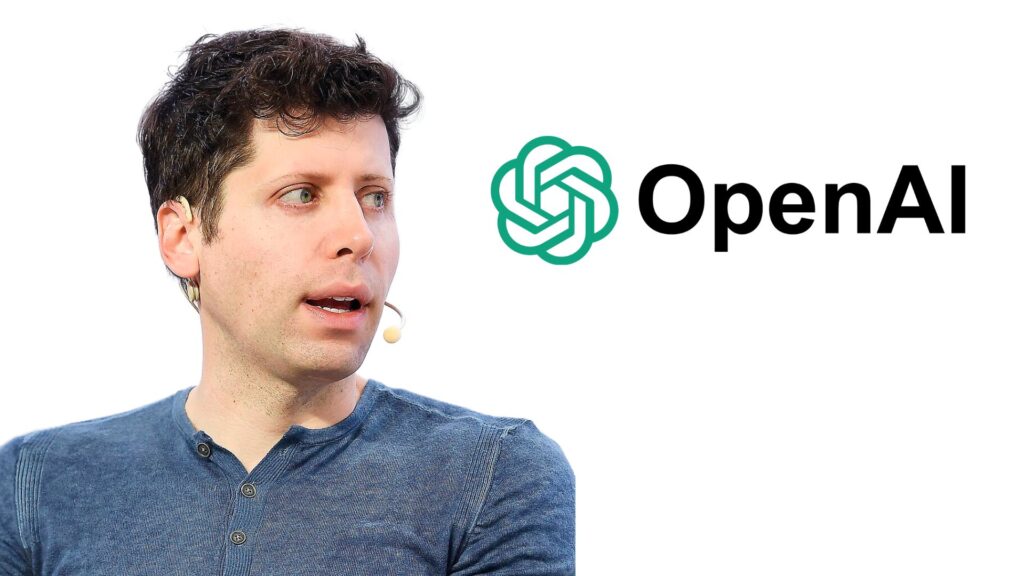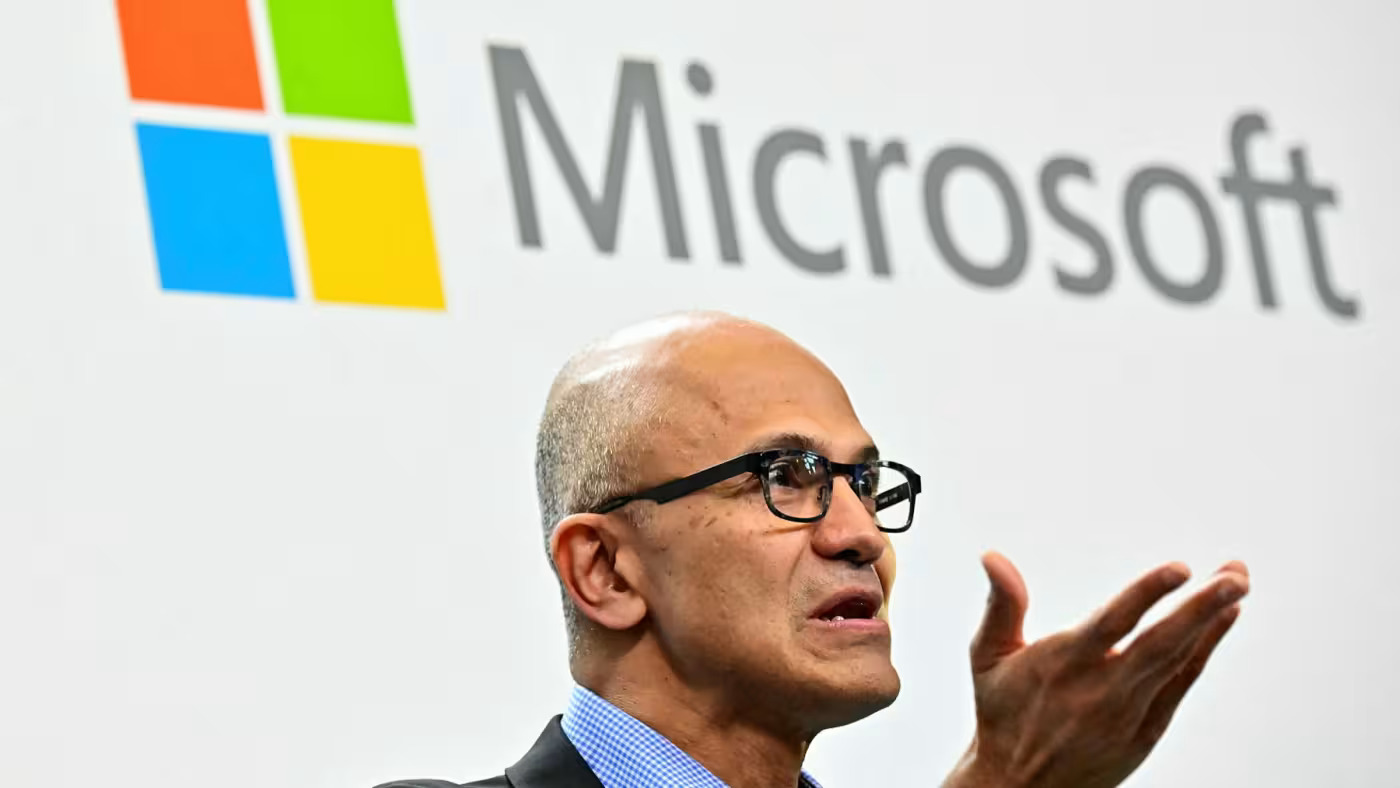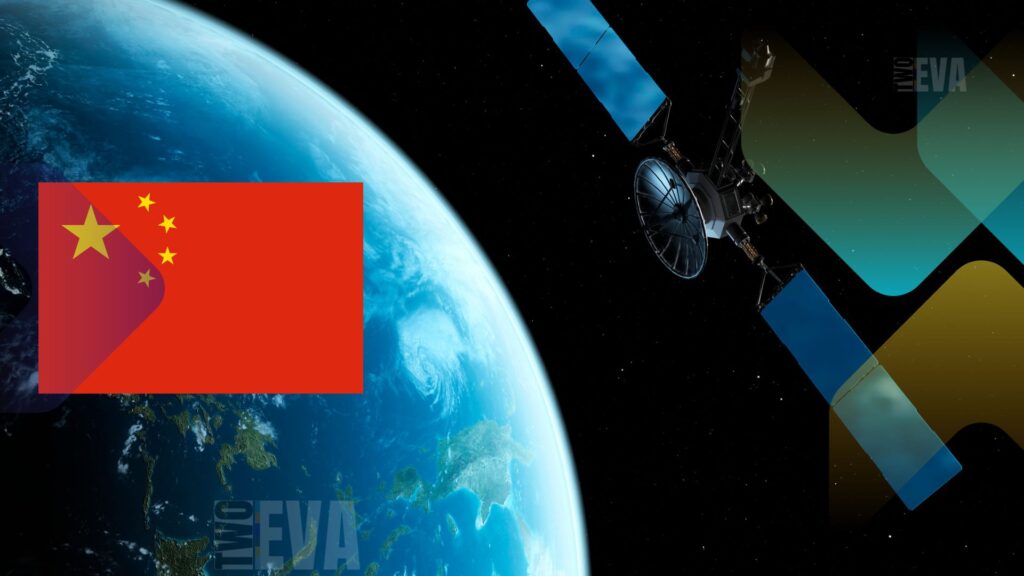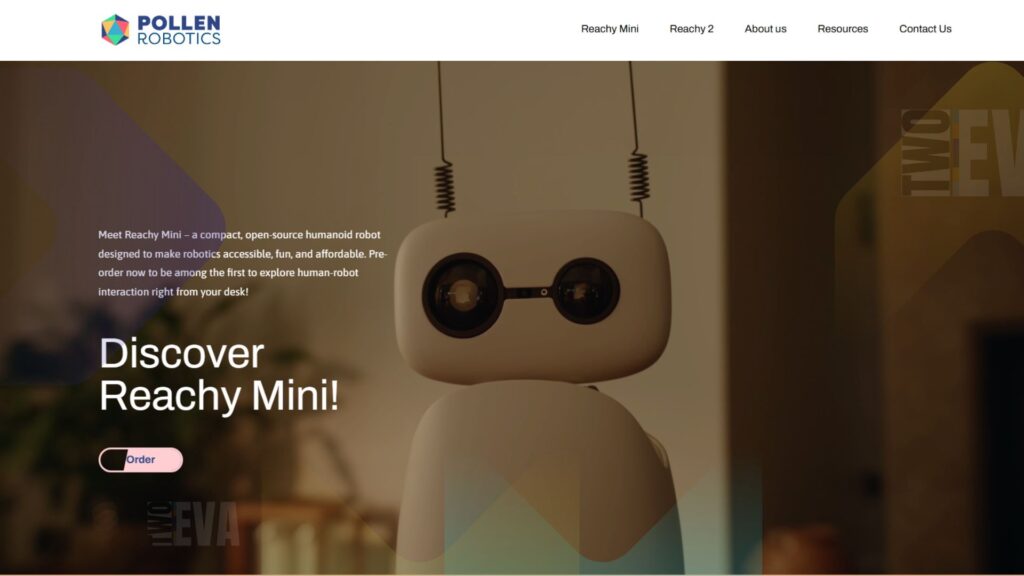In a significant evolution of their long-standing partnership, Microsoft and OpenAI have announced modifications to their cloud computing infrastructure agreement, paving the way for the ambitious $500 billion Stargate AI project. This development marks a departure from Microsoft’s previous role as OpenAI’s exclusive cloud provider.
The partnership, which began in 2019 with Microsoft’s initial investment of over $10 billion in OpenAI, has been instrumental in advancing AI research and deployment. Through this collaboration, Microsoft has integrated OpenAI’s technology into various products, including its Copilot service, while providing essential computational resources for OpenAI’s model training and deployment.
Under the updated agreement, Microsoft will maintain “right of first refusal” on new OpenAI cloud computing capacity. This arrangement allows OpenAI to seek alternative cloud providers if Microsoft cannot meet its computational needs, addressing previous challenges where limited compute capacity reportedly delayed product launches.

Key aspects of the enhanced partnership include:
• Microsoft’s continued access to OpenAI’s intellectual property
• Exclusive deployment of OpenAI’s APIs on the Azure platform
• Revenue sharing agreements between both companies
• OpenAI’s substantial Azure deployment commitment
• Partnership extension through 2030
OpenAI has recently secured a “new, large Azure commitment” to support its product lineup and training requirements. This commitment comes alongside the announcement of Project Stargate, a collaborative venture involving SoftBank, Oracle, and other partners, signaling OpenAI’s strategic expansion of its infrastructure capabilities.
The relationship between the two companies includes a notable contingency: Microsoft’s access to OpenAI’s technology could be terminated if OpenAI develops artificial general intelligence (AGI) systems capable of generating profits exceeding $100 billion. Reports suggest OpenAI might be considering restructuring this agreement as part of discussions for additional Microsoft funding.
Despite these changes, Microsoft maintains that “the OpenAI API is exclusive to Azure, runs on Azure and is also available through the Azure OpenAI Service,” ensuring customers continue to access leading AI models through both Microsoft’s platforms and OpenAI directly.

This evolution in the Microsoft-OpenAI partnership reflects the dynamic nature of the AI industry and the growing demand for computational resources in advanced AI development. By allowing OpenAI greater flexibility in its infrastructure choices while maintaining strong ties through Azure, both companies are positioning themselves for the next phase of AI innovation and deployment.
The changes come at a crucial time as cloud computing capacity becomes increasingly vital for AI development. In June, Microsoft had already shown flexibility by allowing OpenAI to establish additional capacity through Oracle, demonstrating the practical challenges of meeting the computational demands of cutting-edge AI research and development.
To learn more about the expansion of Microsoft’s cloud computing capabilities and the adjustments in their agreement with OpenAI, read the article on Is Microsoft’s Cloud Business Slowing? Second Quarter Forecast Suggests So.

















